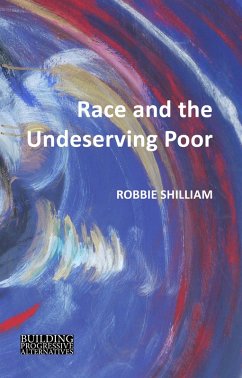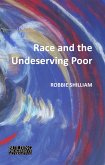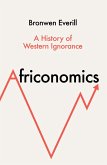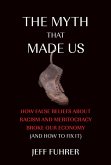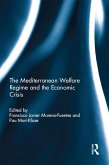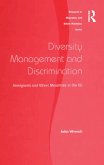Over recent years, tabloid readers have become familiar with the concept of the "white working class", those thought to have been "left behind" by globalization, including immigration. Such sentiments were weaponized by politicians on all sides to fuel the anti-immigrant rhetoric of the Brexit campaign. And this racialized narrative has emerged repeatedly in mature democracies - in the political campaigns of Trump, Le Pen and others - and continues to gain traction in the guise of economic nationalism and populism. The need to understand the putative emergence of the white working class has become both intellectually significant and politically urgent.
In Race and the Undeserving Poor, Robbie Shilliam does just this. He charts the development over the past 200 years of a shifting postcolonial settlement that has produced a racialized distinction between the "deserving" and "undeserving" poor, the latest incarnation of which is a distinction between a deserving, neglected white working class and "others" who are undeserving, not indigenous, and not white. Shilliam's analysis shows that the white working class are not an indigenous constituency, but a product of the struggles to consolidate and defend imperial order that have shaped British society since the abolition of slavery.
In Race and the Undeserving Poor, Robbie Shilliam does just this. He charts the development over the past 200 years of a shifting postcolonial settlement that has produced a racialized distinction between the "deserving" and "undeserving" poor, the latest incarnation of which is a distinction between a deserving, neglected white working class and "others" who are undeserving, not indigenous, and not white. Shilliam's analysis shows that the white working class are not an indigenous constituency, but a product of the struggles to consolidate and defend imperial order that have shaped British society since the abolition of slavery.
Dieser Download kann aus rechtlichen Gründen nur mit Rechnungsadresse in A, D ausgeliefert werden.

